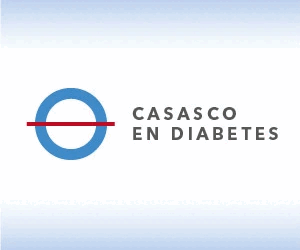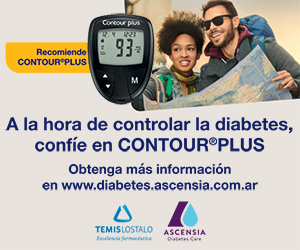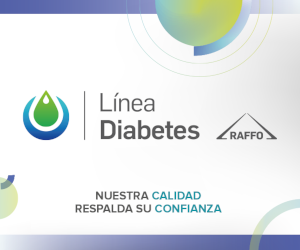Gestational diabetes impact of therapeutic education on maternal weight
DOI:
https://doi.org/10.47196/diab.v57i3Sup.677Keywords:
therapeutic education, maternal weightAbstract
Pregnancy affected by diabetes has a high maternal and fetal morbidity and mortality, if it is not detected in a timely manner and correctly diagnosed. Maternal nutritional status impacts fetal growth, newborn weight, and placenta. Obesity during pregnancy and excessive weight gain during pregnancy are associated with perinatal complications, increasing rates of cesarean sections, the presence of diabetes, preeclampsia, and fetal macrosomia. Pregnant women in our country have a prevalence of overweight and obesity of 24.4% and 14.7% respectively, according to a study in pregnant women who attend public hospitals. Globally, one in 7 births is affected by hyperglycemia of pregnancy, 85% being gestational diabetes.
Therapeutic Education is the set of activities and interventions, managed by a health team, trained and competent in patient education, whose mission is to train the affected person, their family and environment in the autonomous management of the disease and in the prevention of avoidable complications, improving the quality of life.
From 2016 to 2020, a structured education program for women with Gestational Diabetes and members of the medical care team was implemented in 10 hospitals in 4 Argentine provinces to evaluate the improvement of perinatal outcomes. The intervention consisted of educational workshops of 3 sessions of 2 hours each, with educational material specially developed for the project, reinforced with individual interviews with the nutritionist. Before and after the educational intervention, the NutriQuid-GEST questionnaires were completed. At the end of the gestational period, the Structured Education Group had a significantly lower BMI, lower triglyceride trend, and significantly less weight gain than at first appointment, and their newborns had significantly lower body weight along with with a tendency to a lower percentage of macrosomia. Analyzing the consumption of nutrients, a significant decrease in caloric consumption is observed at the expense of simple sugars and saturated fats. The education of all the actors involved in the gestation process, intersectoral work, combined with changes in management, effectively improve maternal-fetal results and gives us the opportunity to implement strategies that take into account the nutritional care of pregnant women. We continue with the project in different maternity hospitals.
References
I. Bolzán AG, Di Marco I, Mangialavori GL, Duhau M. Índice de masa corporal preconcepcional en 1079171 mujeres atendidas en hospitales públicos de las 24 provincias argentinas. Rev Argent Salud Pública 2022;14:e74.
II. Gorbán de Lapertosa G, Elgart J, Alvariñas J, Salzberg S, Gagliardino JJ. Educational interventions to improve maternal-foetal outcomes in women with gestationa diabetes. Lifestyle Med 2021;1-8.
III. Gorban de Lapertosa S, Alvariñas J, Elgart JF, Salzberg S, Gagliardino JJ; on behalf of the EduGest group. The triad macrosomia, obesity, and hypertriglyceridemia in gestational diabetes. Diabetes Metab Res Rev 2020;36(5):e3302.
Downloads
Published
How to Cite
Issue
Section
License
Copyright (c) 2023 on behalf of the authors. Reproduction rights: Argentine Diabetes Society

This work is licensed under a Creative Commons Attribution-NonCommercial-NoDerivatives 4.0 International License.
Dirección Nacional de Derecho de Autor, Exp. N° 5.333.129. Instituto Nacional de la Propiedad Industrial, Marca «Revista de la Sociedad Argentina de Diabetes - Asociación Civil» N° de concesión 2.605.405 y N° de disposición 1.404/13.
La Revista de la SAD está licenciada bajo Licencia Creative Commons Atribución – No Comercial – Sin Obra Derivada 4.0 Internacional.
Por otra parte, la Revista SAD permite que los autores mantengan los derechos de autor sin restricciones.



























